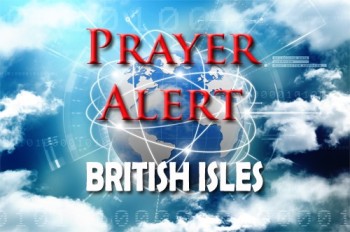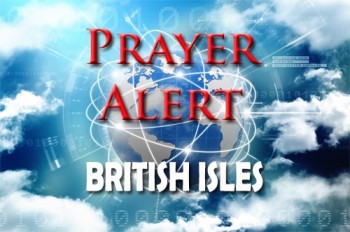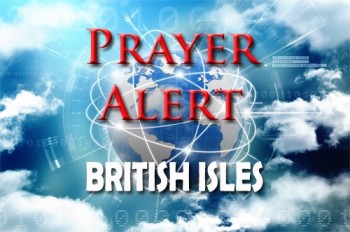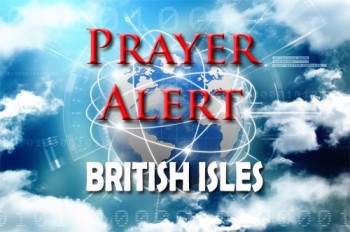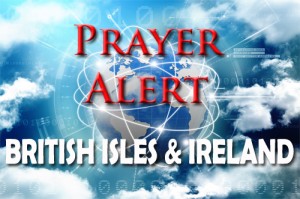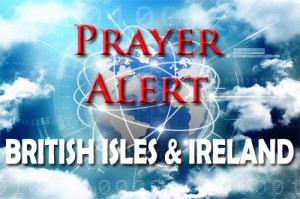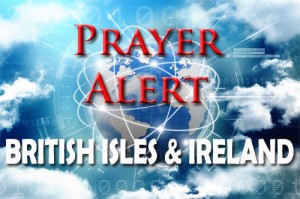Displaying items by tag: DUP
Stormont talks: Sir Jeffrey tiptoeing his way to a deal?
Sir Jeffrey Donaldson, the DUP leader, seems to be cautiously moving towards a deal that could see his party return to Stormont. He acknowledges the final stages of negotiation as the most challenging, hinting at internal party disputes. This development follows the collapse of Northern Ireland’s government in February 2022 over post-Brexit trading arrangements, known as the Irish Sea border. The key issue is the proposed UK Internal Market Act amendment, ensuring Northern Ireland businesses can access the UK market. However, this primarily addresses goods moving from Northern Ireland to Great Britain, not the reverse, which involves checks and paperwork under the Windsor Framework. The DUP appears open to some checks to prevent criminality and smuggling. Additionally, measures to reinforce Northern Ireland's union status, such as a new East-West council, are being discussed, but their decision-making power is uncertain. The government is eager for a quick decision, with a potential financial incentive of above £2.5 billion. If no agreement is reached soon, secretary of state Chris Heaton may need to take decisive action, potentially concluding negotiations with the DUP and revealing the proposed deal.
Northern Ireland Protocol and forming a government
The attorney general has been advised that it would be lawful to override parts of the Northern Ireland Protocol, the post-Brexit arrangement which requires some checks on goods between Britain and NI. This angers both Unionists and the EU. There has been no power-sharing executive for several months after the DUP withdrew in protest against the protocol. In the recent election Sinn Féin, whose goal is for NI to become one country with the Republic of Ireland, won the most seats and needs to form a government. It cannot take up the office unless the DUP nominates a deputy first minister. The DUP's leader said his party would respect the election result, but changes needed to be made to the protocol. Boris Johnson has said the most important treaty is the Good Friday Agreement, which established a cross-community power-sharing government to end decades of violence.
Northern Ireland: discussions to restore devolution
Northern Ireland has been without a devolved government for three years. Proposed legislation for an Irish language act and reforming the assembly's controversial veto system are among the key sticking points in ongoing talks. The DUP has been accused of holding up a deal. Sinn Féin's Declan Kearney said on 9 January that the situation is at the point where closure must be found. After three days of talks, the text of a draft deal has been shown to the DUP and Sinn Féin, but not yet to the smaller parties, who feel they are being left out again. Some think that the two main parties have done enough negotiating, and a final call needs to be made. Since Stormont collapsed, civil servants have run day-to-day operations. In July the Government extended a law that gives civil servants flexibility to take certain decisions, but that runs out on 13 January.
Northern Ireland exit agreement
Arlene Foster, its leader, has said that the DUP will act in the best interests of the UK. ‘The promotion and protection of the Union is at our core’. She added, ‘We had made clear in all discussions that letters of reassurances were not enough to win our support for the backstop.’ She also said that the backstop did not respect Northern Ireland's constitutional position: ‘Immediately after the Government's meaningful vote defeat, I said we would work to set out a plan which deals with the flawed backstop. When meeting with MPs from all parties over the last few days, I have emphasised that the DUP's clear preference is to have a deal and an orderly exit from the EU. We will meet again with the Prime Minister in the coming days, and will stand up for the Union. We shouldn't fear uncharted waters. We should see them as an opportunity to seize and lay a better foundation for the next generation.’
Brexit: PM urges MPs to put national interest first
Mrs May has faced the Commons for the first time since the EU rejected her Brexit plan. We can pray for a plan to be agreed that respects the United Kingdom’s 2016 vote. There is mounting pressure from some Tory MPs to change course in the run-up to a crucial meeting of EU leaders next week. Pray for God to inspire Theresa May and her cabinet to recognise and agree on a good strategy that will ‘put God’s agenda for the national interest first’ in all talks and future votes. Mrs May recently said she had a duty to voters to ensure the UK left the EU in March in a way which protected jobs. May God help her fulfil that duty. The DUP's ten MPs could vote against the Budget if they consider any Brexit deal breaks their ‘red line trade barriers’.
Northern Ireland: next political move?
On 14 February another round of talks between the Democratic Unionist Party (DUP) and Sinn Féin ended without practical steps forward. Northern Ireland secretary of state Karen Bradley said she will consider ‘practical steps’ after the talks collapsed. She said that, while substantive progress has been made in recent weeks, this phase of talks had concluded. DUP leader Arlene Foster said there is no prospect of a restored, devolved government for Northern Ireland, while Sinn Féin's Michelle O'Neill said the DUP failed to close the deal after Foster pulled out of talks. Theresa May said she would continue to work with everyone to make sure there is legislation to enable an Executive to be formed, ‘We now need to consider practical steps. In the continued absence of an Executive, challenging decisions will have to be taken by the UK Government and I will update Parliament after recess.’
Northern Ireland: pray for an assembly of unity
The Northern Ireland Assembly election took place yesterday, and counting the votes has begun. At the time of going to press, the two dominant parties of unionism and nationalism, the DUP and Sinn Féin, expected to retain their seats. The election was triggered by the collapse of the Assembly's power-sharing agreement, following Sinn Féin's refusal to replace Martin McGuinness as leader and deputy First Minister. We can pray that whoever sits in positions of influence after the election will be filled with God’s anointing and will speak according to God’s plans and purposes that rise above and beyond man’s wisdom. Lord, Your gospel is a Gospel of reconciliation; we pray for Your people to walk more under the Headship of Jesus, and in the unity that comes through Kingdom purpose. May they lead the way so that all communities divided through religion, culture, social status and political opinion will be healed.
